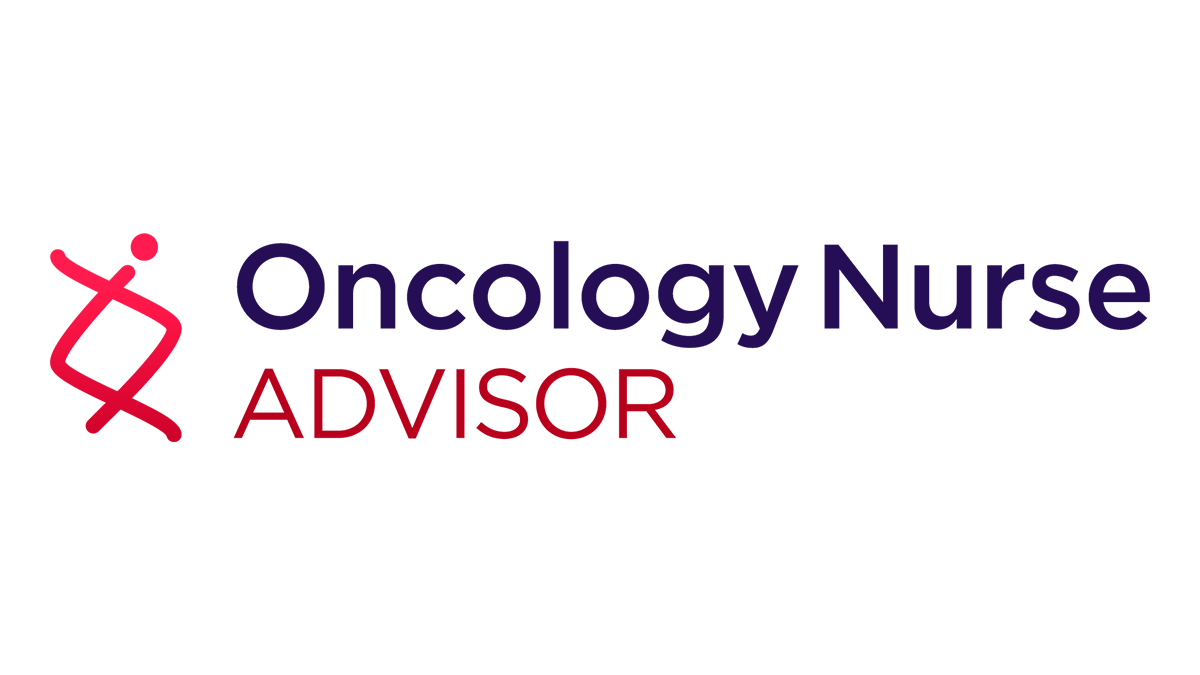
Higher diet quality, as measured by various indices reflecting healthy eating habits, was associated with a significantly reduced risk of various cardiovascular disease (CVD) events and related mortality among patients with newly diagnosed breast cancer. These study findings were published in JNCI Cancer Spectrum.
In a study involving 3415 participants from the Pathway Study, researchers delved into the link between diet quality at the time of breast cancer diagnosis and subsequent CVD risk.
Women with breast cancer face not only the challenge of battling their disease but also an increased risk of CVD compared with those without cancer. Despite this knowledge, the impact of diet quality at the time of breast cancer diagnosis on subsequent CVD risk has remained unclear.
This study drew from the Pathway Study, a prospective cohort of women with invasive breast cancer diagnosed at Kaiser Permanente Northern California between 2005 and 2013. The participants were followed until December 31, 2021. Diet quality was assessed using 5 indices reflecting healthy eating habits, and participants were categorized into quartiles based on their adherence to each index. Hazard ratios (HRs) and 95% confidence intervals (CIs) were calculated, adjusting for various factors, to determine the association between diet quality and CVD risk.
The analysis unveiled significant associations between diet quality and diminished risk of various CVD events and mortality. Notably, adherence to the Dietary Approaches to Stop Hypertension (DASH) diet quality index was linked with reduced risk of heart failure (HR, 0.53; 95% CI, 0.33-0.87), arrhythmia (HR, 0.77; 95% CI, 0.62-0.94), cardiac arrest (HR, 0.77; 95% CI, 0.61-0.96), valvular heart disease (HR, 0.79; 95% CI, 0.64-0.98), venous thromboembolic disease (HR, 0.75; 95% CI, 0.60-0.93), and CVD-related death (HR, 0.70; 95% CI, 0.50-0.99) when comparing the highest with the lowest quartiles. Similar inverse relationships were observed for the healthy plant-based dietary index and the alternate Mediterranean dietary index, indicating decreased risks of specific CVD events.
These findings underscore the pivotal role of diet quality in mitigating CVD risk among patients with newly diagnosed breast cancer. By incorporating dietary interventions aimed at enhancing diet quality, healthcare providers can empower patients with breast cancer to actively manage their cardiovascular health alongside their cancer treatment regimen.
This study provides evidence supporting the premise that higher diet quality at the time of breast cancer diagnosis is linked with reduced subsequent risk of CVD events and mortality. Furthermore, “the DASH diet may provide the most benefit, particularly for those breast cancer patients receiving cardiotoxic chemotherapies,” the researchers concluded.
References:
Ergas IJ, Cheng RK, Roh JM, et al. Diet quality and cardiovascular disease risk among breast cancer survivors in the Pathways Study. JNCI Cancer Spectr. 2024;8(2):pkae013. doi:10.1093/jncics/pkae013
